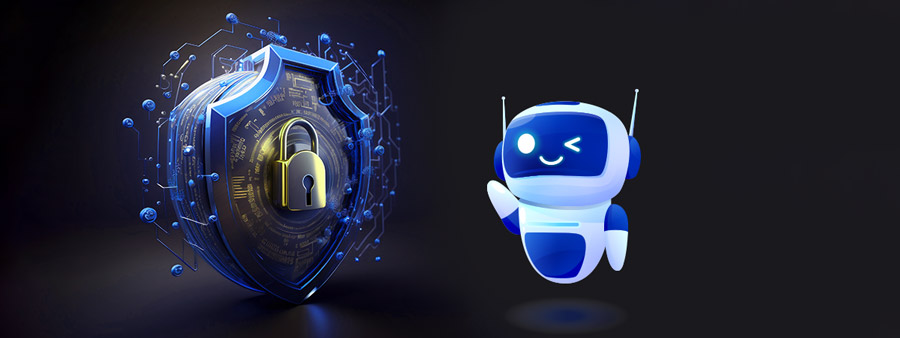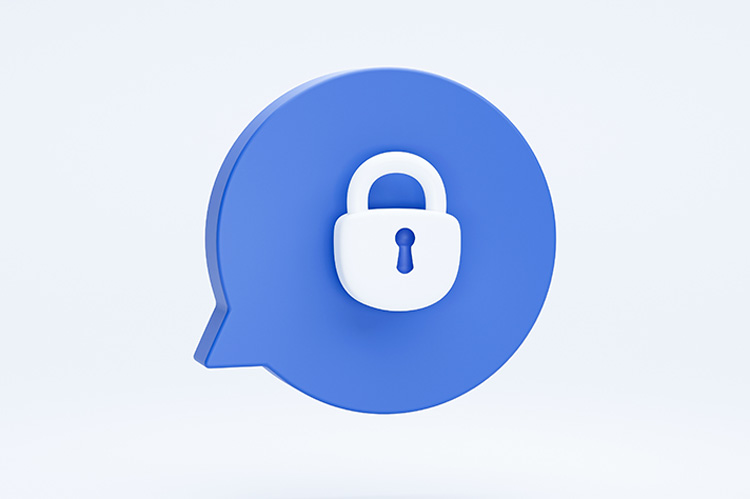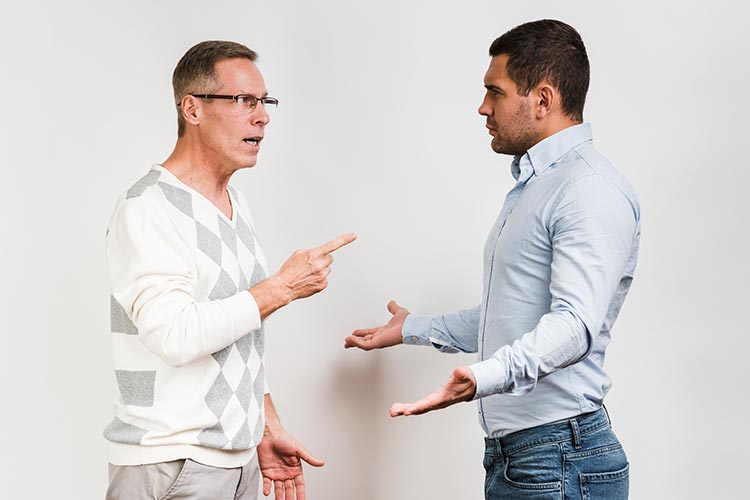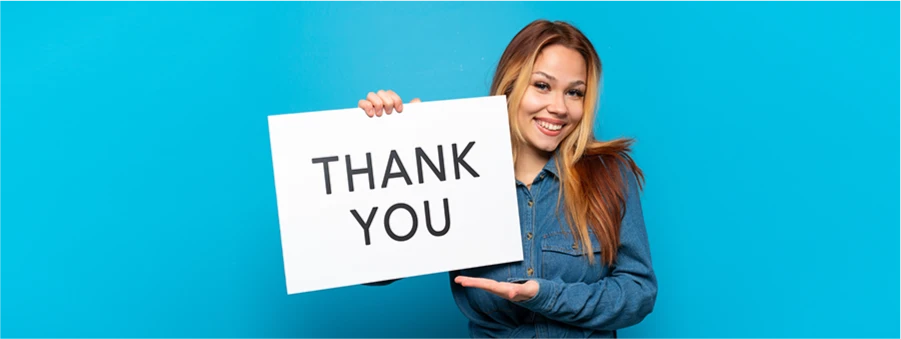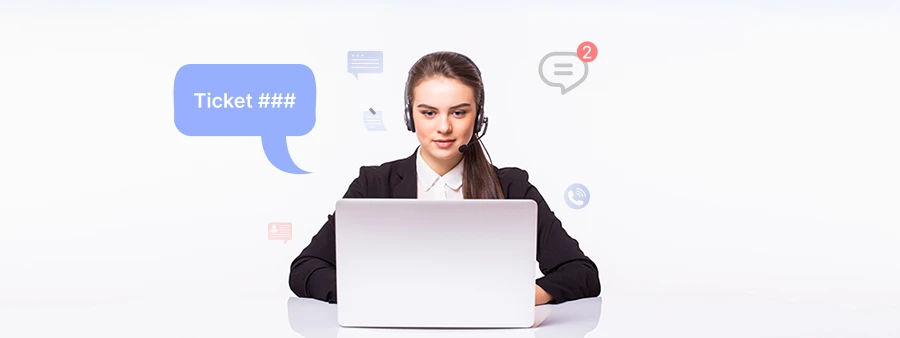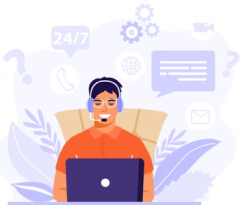The rise of artificial intelligence (AI) has brought significant advancements in various fields. The rise has some dark sides too including potential breaches. Chatbot is one of the fastest-moving branches of AI. However, the raising question remains the same. Are chatbots eligible for copyright protection?
For instance, If you ask ChatGPT to write literature for you. Can you claim copyright protection for the AI-generated literature? The answer is,
Chatbot responses do not qualify for copyright protection unless substantial human intervention happens to modify and transform the content into a uniquely crafted version.
The blurred line between inspiration and replication in AI-generated content poses challenges for chatbot users. Thus, we’re here to get into the details. This blog will briefly explain what copyright is. It will also cover chatbot copyright arguments, eligibility, and infringement cases.
Copyright: Definition, Eligibility, Protection
As technology continues to evolve at a breakneck pace, laws have been struggling to keep up. Before bringing chatbots into the discussion, let’s first know about copyrights.
Definition of Copyright
Copyright is the authorship of intellectual property. The creator of the property becomes the owner. The term describes that only the creator can copy certain assets. These assets are known as copyright-protected assets.
What is Copyright Protection?
Every day, the world produces many creative works. These include literature, music, art, software, and more. Creativity is beyond the limits. Copyright protects the rights of the creators over an asset. Copyright protection is a legal concept. It establishes guidelines on how to use copyrighted works. The creators get exclusive rights.
Copyright protection providers are usually third parties. They strike a balance between the interests and the public. They make incentives from the authentic owners.
The Requirement For Copyright Protection
For any work to attract copyright protection, it must possess an aspect of creativity and a substantial investment of time or resources from its creator. More importantly, it must be original work created by human beings. A significant reason for this rule is that such works symbolize a personal reflection of creative freedom and individualism.
When we cast an eye on chatbots or computer programs’ outputs, they fall short of auto-generating copyrights despite potential originality. This hitch stems from the lack of ‘human authorship,’ which most jurisdictions deem necessary for copyright eligibility.
Arguments Against Chatbot Copyright Eligibility
The US Copyright Office released guidance in March 2023 clarifying their stance: AI-generated works without significant human involvement cannot be copyrighted, while works with substantial human contribution might be eligible. Let’s discuss some other facts making
1. Lack of Creativity in Code-based Responses
Think of a chatbot as a skilled cook in a restaurant’s kitchen. In this context, it uses pre-programmed ‘recipes’ or algorithms to produce outputs. These ‘recipes’ are based on ‘ingredients,’ which are user inputs and environmental data.
The dishes prepared by the chef appear original each time. However, they are not truly unique because they result from predefined recipes. Despite the variation in dish presentations, they do not serve as the chef’s creations.
Similarly, the output from chatbots might seem creative. However, it’s fundamentally the result of predetermined programming. This makes chatbots ineligible for receiving copyright protection.
2. Difficulty to Track The Authorship
Chatbots typically train on vast amounts of data. These data can come from the work of anyone. When they generate some outputs, it’s difficult to identify the human brain behind it. You cannot identify the program, user, or training data source from the general conversation. Then, who to give the authority to?
You can consider a chatbot as a machine or tool. They assist you in developing content. The developers programmed them to do that. The way they collect, read, modify, and distribute data is all a result of the programming. It has nothing of its own.
As a user, what’s your input? Merely the prompt you give to the chatbot. This is another fact that disqualifies chatbots from copyright eligibility.
3. Risk of AI Copyright Infringement
We are almost clear that chatbots have no creativity of their own. However, they have the potential risk of breaching the copyright protection of a guarded asset. The big data learned by the bot comes from diverse sources. Some of the sources might include copyright content. There have been several cases of AI copyright infringement.
According to a Reuters report from 2023, OpenAI is facing a lawsuit in a San Francisco federal court where two American authors allege in a proposed class action that the company has misappropriated their works to “train” its widely used generative artificial intelligence system, ChatGPT.
The chatbot response you are thinking to be creative might be the work of someone else. This case will lead to AI copyright infringement rather than copyright eligibility.
4. Defining the Gray Area
The terrain becomes even more unclear with the advanced forms of Artificial Intelligence, like complex chatbots and sophisticated content-generating algorithms. They produce unique content or visual artistry based on users’ actions or generic inputs.
These AI tools can be compared to an artist who uses inputs, such as paint and brushes, to create unique masterpieces on a blank canvas. However, due to their categorization as ‘machine-made,’ not ‘human-created,’ they often fall into a legal gray area when considering copyright protection.
As these technologies push creativity’s bounds, the uncertainty around their copyright protection status intensifies. If you need a clear vision of protecting intellectual property legally, get help from a lawyer.
Are Chatbots Eligible For Copyright Protection?
This discussion will get more complicated if I tell you that chatbots are eligible for copyright protection in some cases. You have to look into these three factors before qualifying chatbots for copyright protection.
For example, A “Health and Fitness Coach” chatbot incorporates unique algorithms. It considers users’ fitness levels, preferences, and specific goals to generate customized workout plans and nutrition recommendations.
The chatbot incorporates innovative features such as interactive workout videos, real-time progress tracking, and personalized meal plans. It uses machine learning to adapt and refine its recommendations based on user feedback and progress.
The underlying code, database, and content are fixed in a tangible form, allowing it to be reproduced or distributed consistently. This includes the chatbot’s source code, exercise library, and nutritional information.
In this scenario, the chatbot might be eligible for copyright protection.
Why?
- Originality of the production: The “Health and Fitness Coach” chatbot used the database to generate workout plans and nutrition recommendations. It did not simply copy some content. Thus, the asset is a creation of the chatbot’s algorithm. You may claim it is subject to copyright protection.
- Fixed Expression: The chatbot must be fixed in a tangible form, such as being written down or recorded, to be eligible for copyright protection. The “Health and Fitness Coach” chatbot can respond to dietary plans in tangible forms like PDF, and video content. Thus, the nutrition recommendation and dietary plan can have copyright protection.
Concluding Statement
The blog suggests that our interpretation of copyright law will continue to evolve in response to ongoing technological innovation. It will include the tricky question surrounding chatbot outputs’ copyright eligibility. The discussion will go on having chatbots continually getting advanced. Till then, let’s conclude that chatbots are eligible for copyright protections if they produce unique responses.
;)
